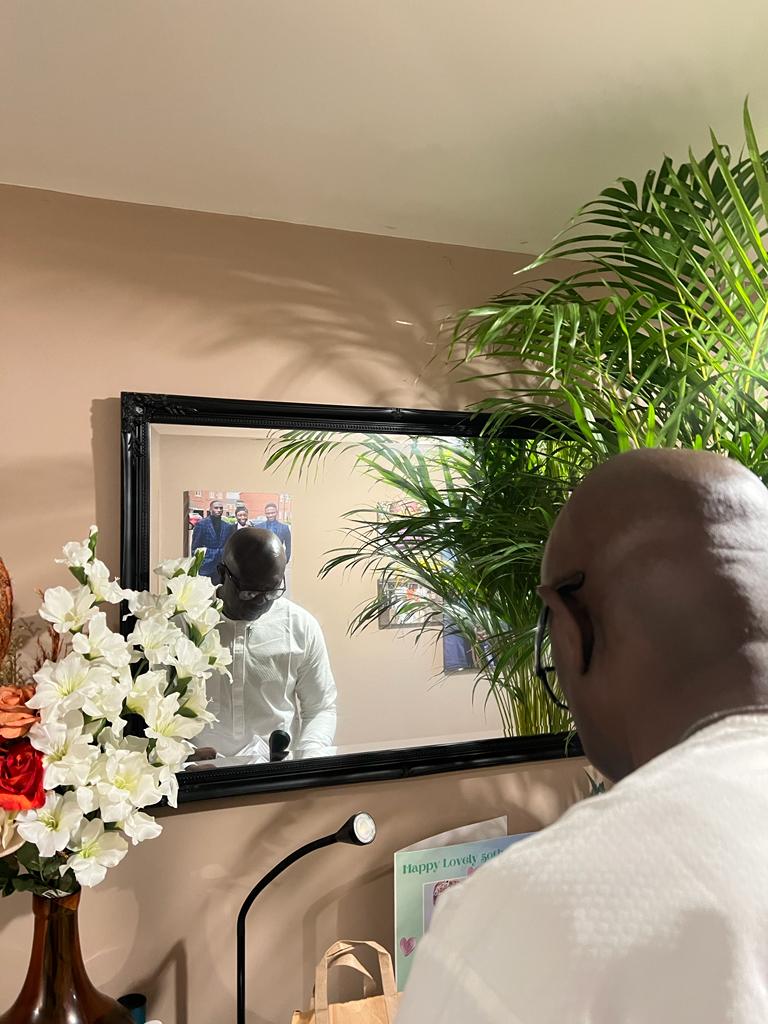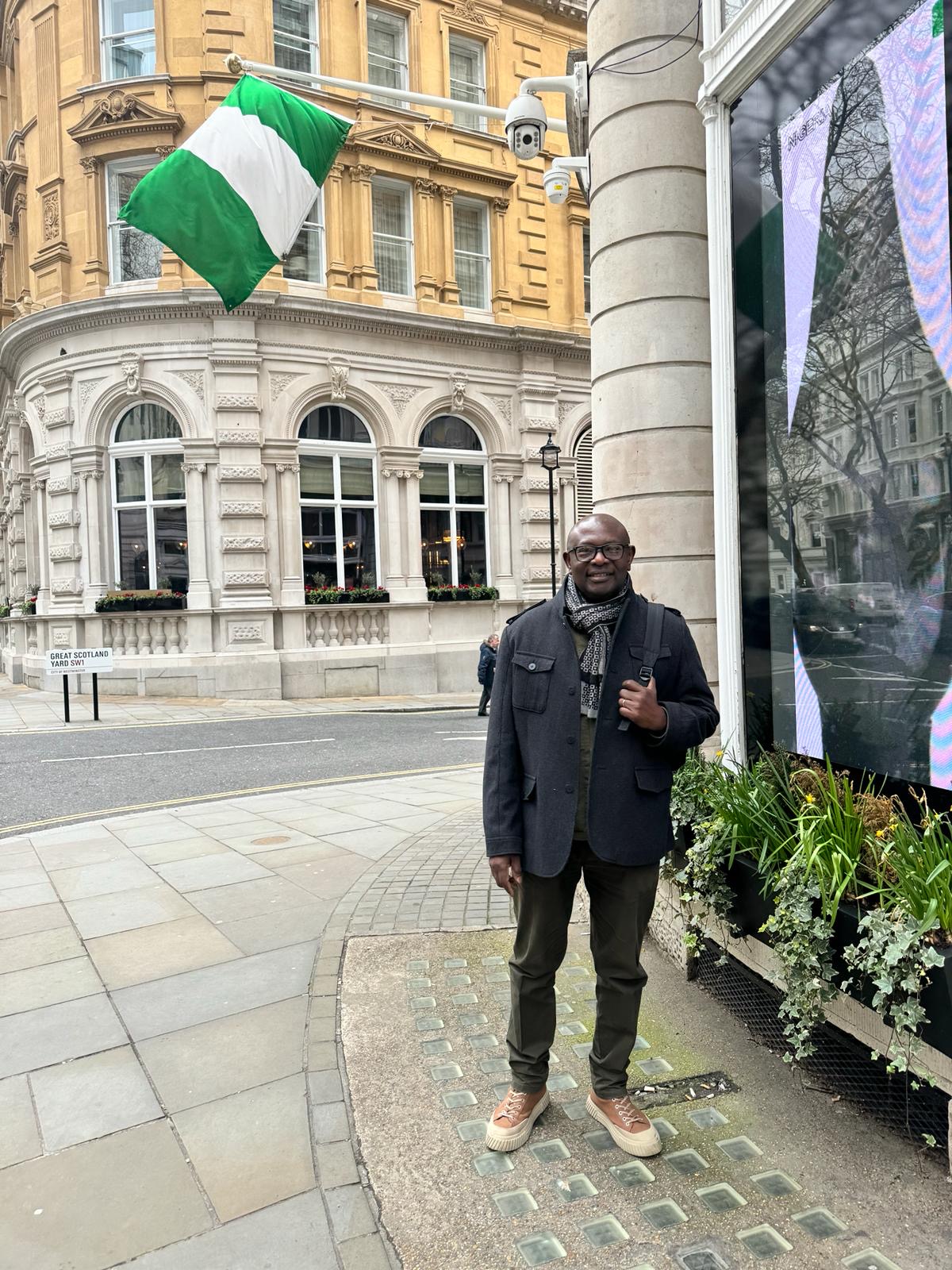By Babajide Alabi
At the just concluded National Conference on Committee for Foreign Policy disclosed that there are over 16,300 Nigerians in foreign jailhouses for drug related offences. This figure, as announced by a delegate, the former Minister of Education, Prof. Ihechukwu Madubuike, quoting the National Drug Law Enforcement Agency (NDLEA), was not such a suprise to Nigerians at home and abroad. Of this number, we were told 3,719 Nigerian women are in Canada alone.
Rewind to 2012, when the Chairman of the House of Representatives Committee on Diaspora Affairs, Honourable Abike Dabiri, announced to a shocked(?) nation that there were close to 500 Nigerians, including a septuagenarian grandmother, in Brazilian jails. This information came to light after the Committee members visited Brazil, met with officials and some of the prisoners. At that time, the committee promised to do a proper head count of all Nigerians in foreign prisons. I thought this was a big challenge to undertake.
The fact that there are thousands of Nigerians in foreign jails is not in contention. It is a known fact that in every country of this world, there is a Nigerian in a dingy cell somewhere. From Brazil to China, to Afghanistan, there are Nigerians launguishing behind bars. Some are part of the numbers that are official, while many are just statistics in the jail without a record of their imprisonment with any Nigerian High Commission or consulate.
According to information released by the National Conference Committee on Foreign Policy, there are 752 Nigerians in prisons in the United Kingdom, 700 in Chinese cells and 96 in Indonesia jail houses. It is not only in these countries jail houses are Nigerians resident in large numbers. There are so many in United States, many in South Africa, Benin Republic and more worrisome in some of the volatile areas of the world, such as Iraq and Syria.
At the height of the protests to unseat Libya’s Col. Ghadaffi, I watched a documentary on how dangerous it was to be a black person in that country. Among the detained people interviewed on this programme were seemingly Nigerians caught in the war en-route to ‘better life’ in Europe. The thought of thousands of undocumented Nigerians in many of the troubled countries of the world is mind-boggling.
‘Walking’ into prison
Let’s “relocate” ourselves to 2012 again, when the Nigerian media was awash with news of the House Committee on Diaspora Affairs’ “expose” of Nigerians in foreign jail. I remember how for many weeks unending we were bombarded with various analyses, both from the “honourables”, government officials, paid government publicists, and self appointed “jail analysts”.
Scare tactics
Now come back to present times – 2014. And just like the House Committee on Diaspora Affairs did in 2012, the National Conference Committee on Foreign Affairs has also been giving Nigerians figures of fellow citizens in foreign jails.
You now begin to wonder what the intentions of these committees are. Rather than liaise with government and draw out plans on how to keep Nigerians out of foreign jails, they are using the scare tactics for whatever reason.
It is no secret that Nigerians go to any length to make ends meet. This is no surprise. We know in every society, there are career-criminals, who live their lives in and out of the prison systems. However, looking at Nigerians in foreign jails, one is tempted to conclude that a sizeable percentage of the citizens may be behind bars for one avoidable reason or the other.
There are questions that these committees should be asking in respect of the jail birds. What roles are Nigerian embassies playing in keeping these compatriots away from the gates of jail houses? And where possible, what assistance are the Nigerian embassies offering in terms of judicial or otherwise to these citizens? These are the questions that need answers.
Citizens in distress
And the above brings us to the type of support systems the Nigerian government has in place for her citizens abroad. The Ministry of Foreign Affairs should be compelled to release to the public how the embassies all over the world offer support to citizens in distress.
It is pathetic to know that most Nigerians abroad do not know the ambassadors in their respective countries. Most have no idea where the consulate offices are located. This is not unusual because as Nigerians we know that rather than offer help, the staff at these consular offices may complicate issues by their demands or bureaucracy.
Some of the Nigerian embassies are known to carry on in these countries as if they are there not to “protect” the interests of Nigerians. I am aware that for every British citizen arrested outside UK, there is diplomatic agreement that the UK Consular office in the ‘arresting’ country must be informed, so they can provide legal assistance. Do we have something like this in place in our embassies? I doubt.
So the reorientation should start, not from Nigerians at home or diaspora [in prison or free] but with the embassies. The tolerance level of fellow Nigerians by the Nigeria embassies is disgraceful. If there is good relationship between the embassies and citizens with the understanding that offenders can at least get basic legal support from the embassies, there may be a slight reduction in the number of Nigerians thrown to jail abroad on daily basis.
Published in Vanguard on September 16th, 2014






